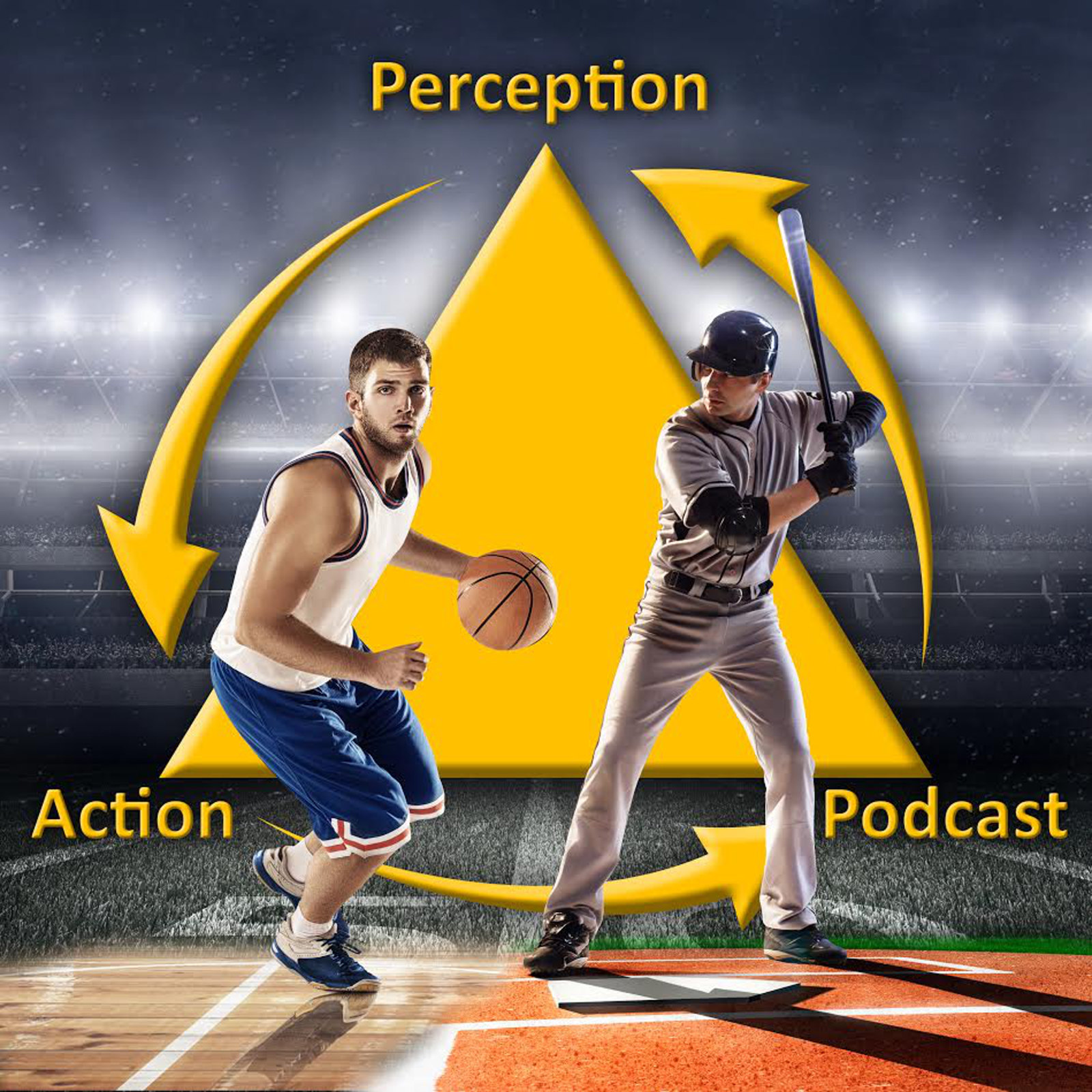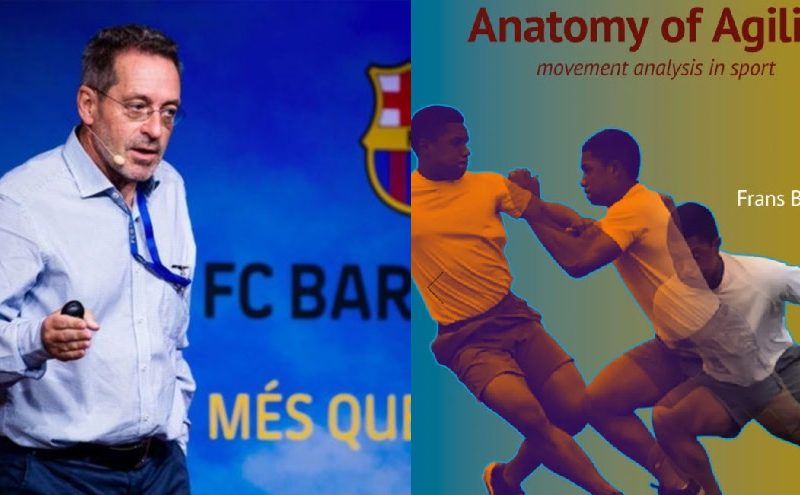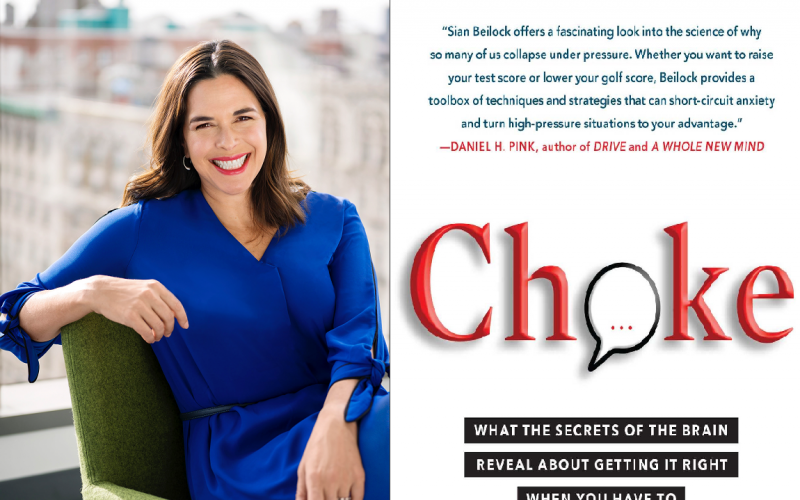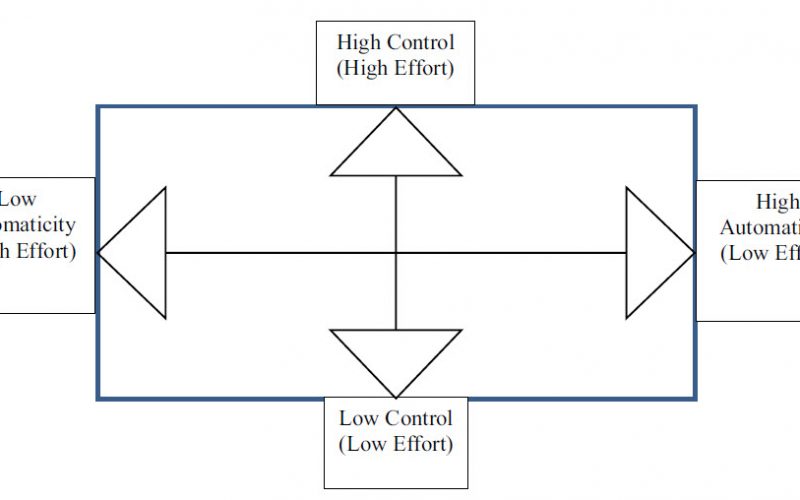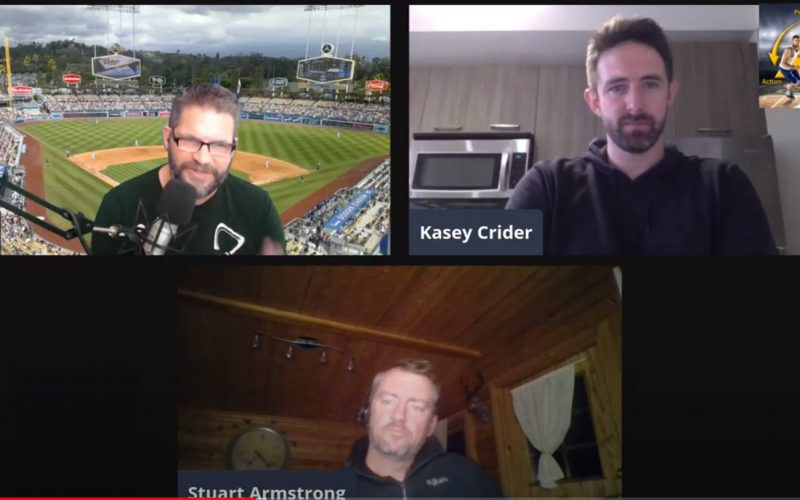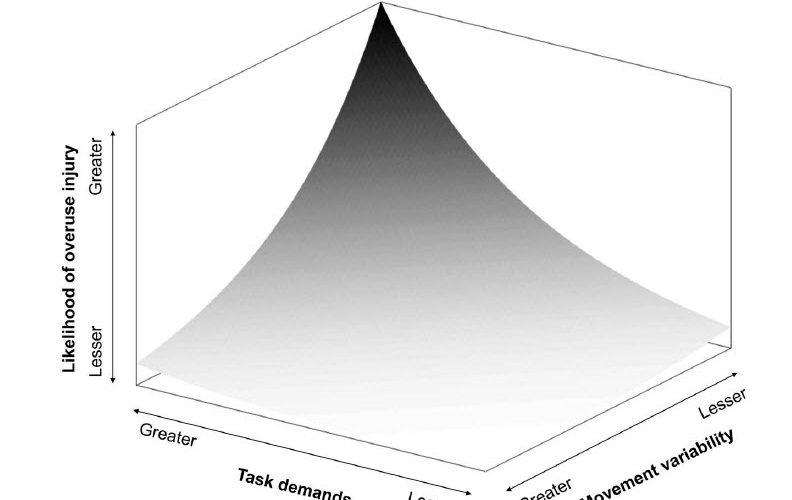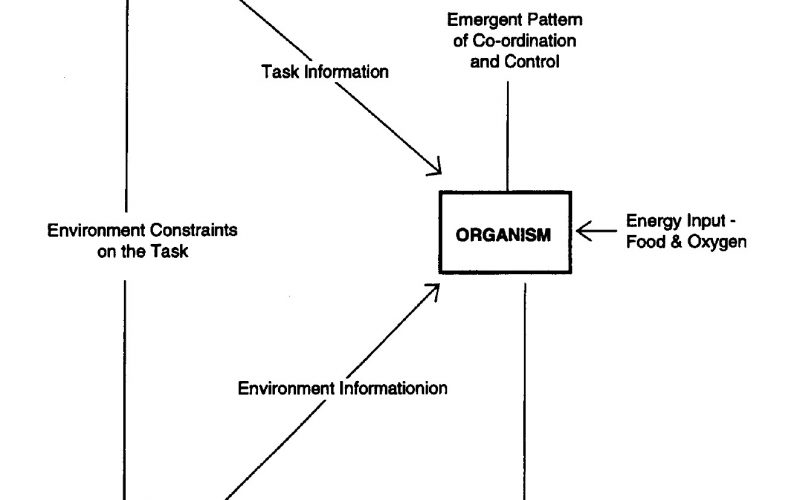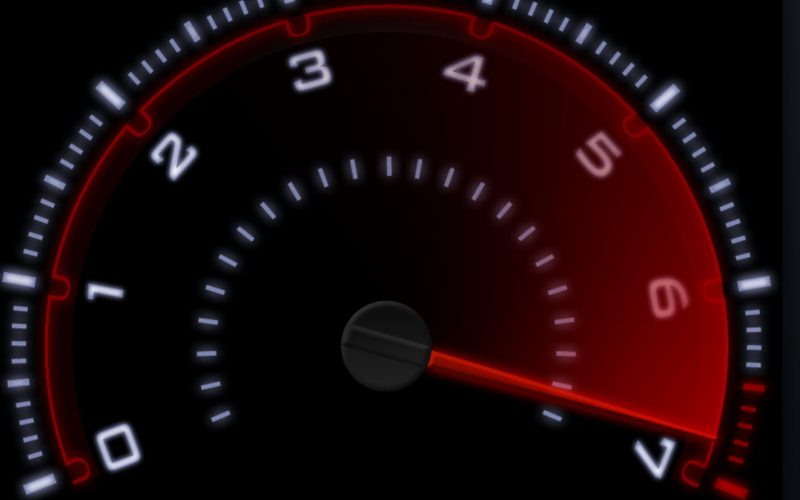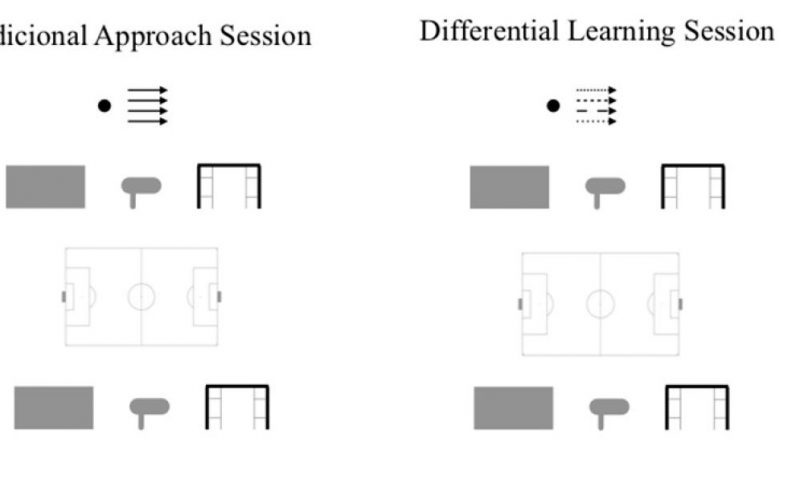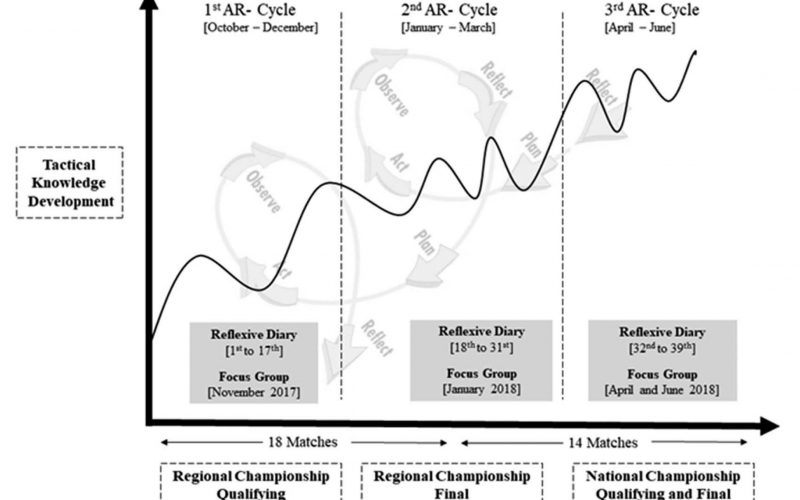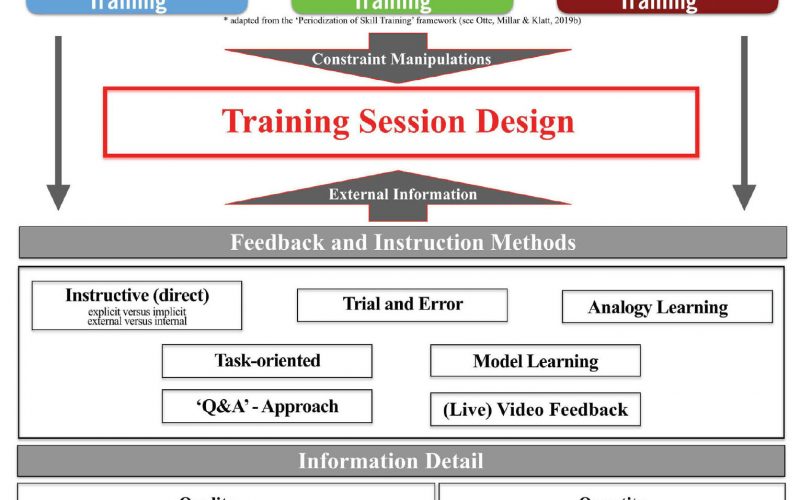328 – Interview with Frans Bosch, Movement Analysis in Sport
328 A discussion with Frans Bosch about his new book, Anatomy of Agility – Movement Analysis in Sport. Why is it critical to take into account the body’s interests when coaching movement? Why is stability more important than perfecting a movement? How can a coach manipulate variability in practice to influence the development of attractors?…
Read More